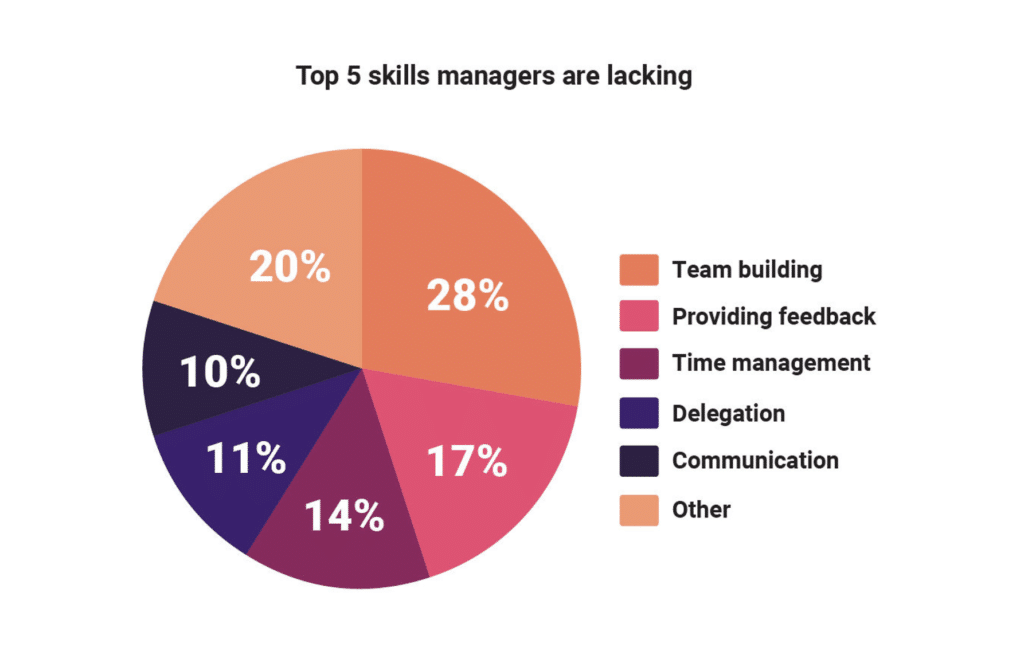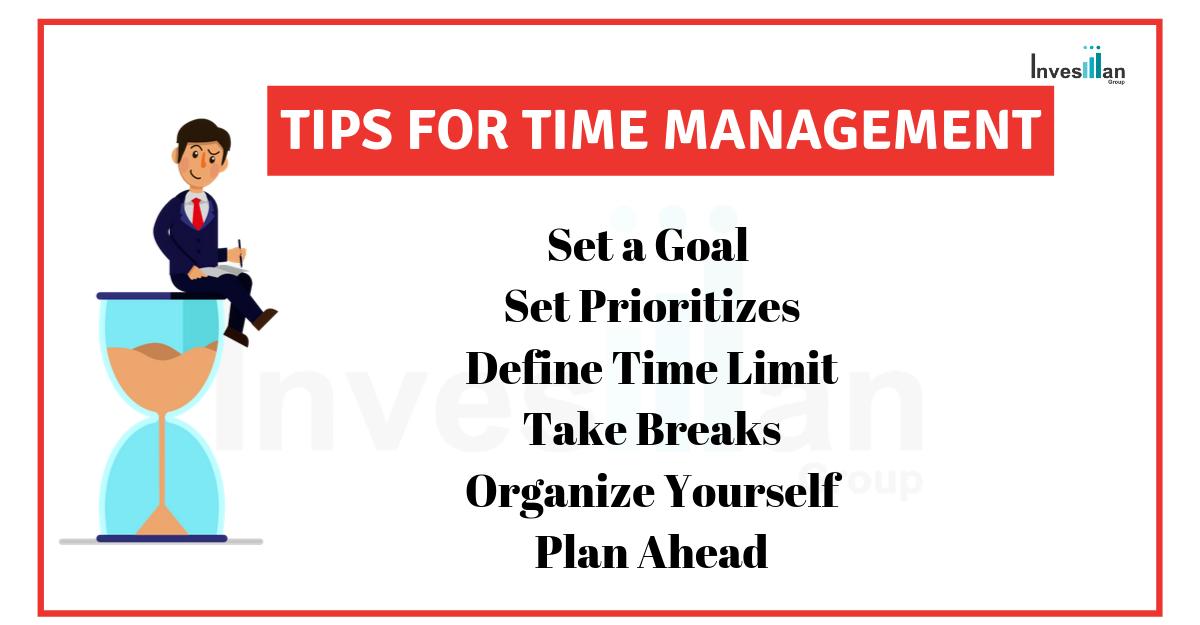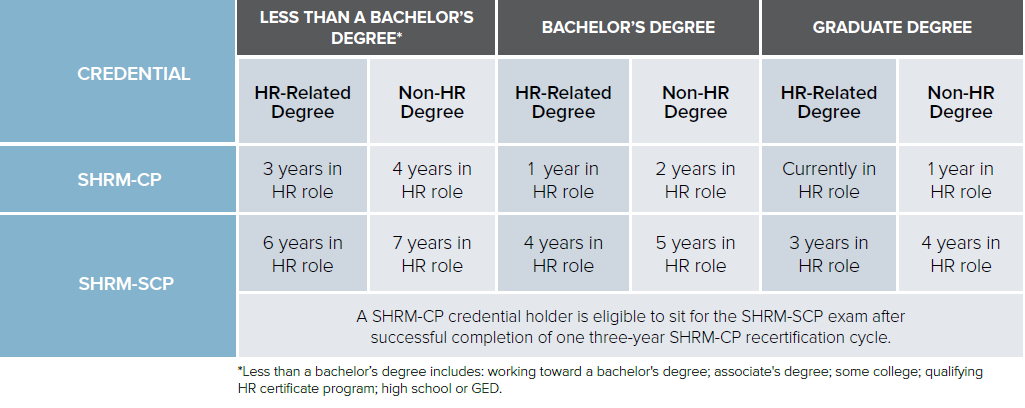
A project management interview will test an applicant's knowledge of the field. The typical question will ask you three questions: What are the most pressing issues facing your industry? And what are your solutions? Having a firm understanding of project management is essential for success. A project manager must understand how to motivate his team.
Communication
Two components make up the communication process: the receiver and the sender. The sender creates the message and the content, with the intent of reaching the recipient. The recipient then responds to the message. It's possible for the receiver to accept it, change it or reject it completely. Depending upon the nature of communication, the recipient could be an individual (or a group).
Effective project management relies on clear communication. The messages for project management should be clear and specific. They must also address the goals and objectives of the project. They should be simple, understandable, and enable the audience to take actions.
Gantt charts
Gantt charts are an excellent way of communicating the status of your project. It lists the start date and end date, the resources that were assigned to each task and the duration of the tasks. You will also find the task name as well as the resource type. The chart also includes any tasks links or critical paths. This will help you communicate to your team where to focus their attention.

If you're planning a large project, a Gantt chart will help you plan your work and schedule tasks efficiently. It will allow you to visualize the dependencies between tasks as well as the order they will need to be completed. Gantt charts are also useful for visualizing the work of individual members of your team.
Unexpected situations
During the implementation of a project, unexpected events are bound to occur. These types of changes can have a variety of effects on the environment. Project managers need to accept the fact that unexpected events will happen in order to be able manage them. They shouldn't view this as a death sentence, but as a way of preparing for the inevitable.
Count de Belveze once said, "Nothing in life is certain." This is especially true in project managing. Unexpected situations are an integral part of the project's life. Project managers should be prepared for unexpected circumstances and plan accordingly.
Meetings
Meetings as part project management are an important component of the process. They should be carefully planned. The meeting's agenda should be clear and concise, and it should include the right amount of people for the task at hand. Meetings should be used to ensure that the project is moving forward and do not get sidetracked.
The team should be able to express their opinions and thoughts at meetings. Additionally, the project manager should give a high-level overview on next steps. The team should also be kept informed about the project's budget and progress. Meetings should provide an opportunity to discuss potential risks and problems.

Plan
When planning a new project, there are a few critical questions that you must ask. A good project manager should have experience in the field. A background in construction is an asset if you're an architect working on large-scale building projects. Even if your project management experience isn't formal, you can share what you've learned and why this interest you. Learn more about the industry to talk about your transferable skills.
You can ask about their experience and also questions about their communication skills. This will allow you to gauge their ability to manage conflict resolution and lead teams. Also, ask about their experiences working with hybrid team members and communication tools.
FAQ
How does a manager develop his/her management skills?
It is important to have good management skills.
Managers need to monitor their subordinates' performance.
You should immediately take action if you see that your subordinate is not performing as well as you would like.
You should be able pinpoint what needs to improve and how to fix it.
It seems so difficult sometimes to make sound business decisions.
Complex systems with many moving parts are the hallmark of businesses. Their leaders must manage multiple priorities, as well as dealing with uncertainty.
The key to making good decisions is to understand how these factors affect the system as a whole.
To do this, you must think carefully about what each part of the system does and why. Next, consider how each piece interacts with the others.
Also, you should ask yourself if there have been any assumptions in your past behavior. If you don't have any, it may be time to revisit them.
You can always ask someone for help if you still have questions after all of this. They may see things differently from you and have insights that could help you find a solution.
What are the steps involved in making a decision in management?
Managers are faced with complex and multifaceted decisions. This involves many factors including analysis, strategy and planning, implementation, measurement and evaluation, feedback, feedback, and others.
Remember that people are humans just like you, and will make mistakes. This is the key to managing them. There is always room to improve, especially if your first priority is to yourself.
This video explains the process of decision-making in Management. We discuss different types of decisions as well as why they are important and how managers can navigate them. The following topics will be covered.
How do you manage employees effectively?
The key to effective management of employees is ensuring their happiness and productivity.
It is important to set clear expectations about their behavior and keep track of their performance.
Managers must be clear about their goals and those of their teams in order to succeed.
They need to communicate clearly and openly with staff members. They should also ensure that they both reward high performers and discipline those who are not performing to their standards.
They should also keep records of all activities within their team. These include:
-
What was achieved?
-
How much work were you able to accomplish?
-
Who did it?
-
When it was done?
-
Why?
This information can help you monitor your performance and to evaluate your results.
What does it mean to say "project management"
This refers to managing all activities that are involved in a project's execution.
This includes defining the scope, identifying the requirements and preparing the budget. We also organize the project team, schedule the work, monitor progress, evaluate results, and close the project.
How do we create a company culture that is productive?
A culture of respect and value within a company is key to a productive culture.
It's founded on three principal principles:
-
Everyone has something valuable to contribute
-
People are treated with respect
-
It is possible to have mutual respect between groups and individuals
These values are evident in the way that people act. They will treat others with kindness and consideration.
They will respect the opinions of others.
They will also encourage others to share their ideas and feelings.
A company culture encourages collaboration and communication.
People can freely express their opinions without fear or reprisal.
They understand that mistakes can be forgiven as long as they're dealt with honestly.
The company culture promotes honesty, integrity, and fairness.
Everyone knows that they must always tell the truth.
Everyone knows that there are rules and regulations that apply to them.
People don't expect special treatment or favors.
Statistics
- The BLS says that financial services jobs like banking are expected to grow 4% by 2030, about as fast as the national average. (wgu.edu)
- Your choice in Step 5 may very likely be the same or similar to the alternative you placed at the top of your list at the end of Step 4. (umassd.edu)
- This field is expected to grow about 7% by 2028, a bit faster than the national average for job growth. (wgu.edu)
- The profession is expected to grow 7% by 2028, a bit faster than the national average. (wgu.edu)
- Our program is 100% engineered for your success. (online.uc.edu)
External Links
How To
How can you implement the Kaizen technique?
Kaizen means continuous improvement. This Japanese term refers to the Japanese philosophy of continuous improvement that emphasizes incremental improvements and constant improvement. It is a process where people come together to improve their processes.
Kaizen is one of Lean Manufacturing's most efficient methods. Employees responsible for the production line should identify potential problems in the manufacturing process and work together to resolve them. This increases the quality of products and reduces the cost.
Kaizen is a way to raise awareness about what's happening around you. It is important to correct any problems immediately if they are discovered. So, if someone notices a problem while working, he/she should report it to his/her manager.
There are some basic principles that we follow when doing kaizen. We always start from the end product and move toward the beginning. To improve our factory, for example, we need to fix the machines that produce the final product. First, we fix machines that produce components. Next, we fix machines that produce raw material. We then fix the workers that work with those machines.
This method, called 'kaizen', focuses on improving each and every step of the process. When we are done fixing the whole factory, we go back to the beginning and continue until we reach perfection.
You need to know how to measure the effectiveness of kaizen within your business. There are several ways that you can tell if your kaizen system is working. Another way to determine if kaizen is working well is to look at the quality of the products. Another way to find out how productive your company has been since you implemented kaizen is to measure the increase in productivity.
You can also find out if kaizen works by asking yourself why you decided to implement it. You were trying to save money or obey the law? You really believed it would make you successful?
Let's say you answered yes or all of these questions. Congratulations! Now you're ready for kaizen.